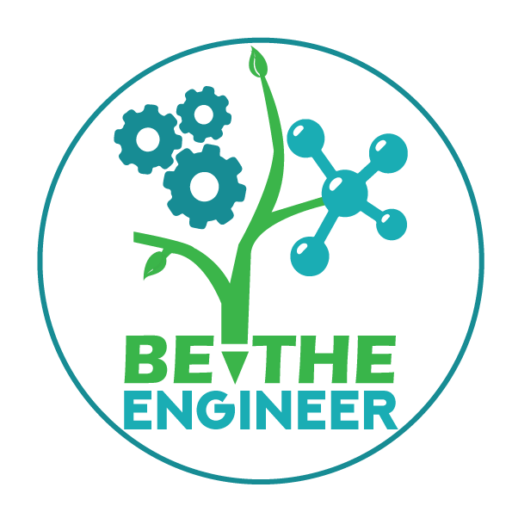Lena Wabuyabo is a Chemical and Process Engineer by training and is registered by the Engineers Board of Kenya. Lena currently works as a brewing operator for a leading brewery in Kenya where she is directly involved in the beer-making process. Lena previously worked for a multi-national chemical wholesaler company and a spices production company whose experiences played a big role in her being employed in her current role. Lena is a certified first aider by the Kenya Red Cross and also a Safety Committee Member in her company. Lena enjoys carrying out her responsibilities at her workplace owing to the fact that she has received numerous pieces of training offered by her employer which include training in Beer Production, Industrial Health, and Safety, Lean Six Sigma, Finance, Planning, Asset Care, Procurement, Logistics etc. which have given her great insights about Supply Chain Management, a field she wants to grow her career into.
Q: Can you share a little bit about what it is that you do and what a typical day for you is like?
A: I work on a shift-based pattern so my day could start at 7:00 am or 7:00 pm. Once I get to work, I usually hold a short handover meeting with my colleague from the previous shift to discuss performance and any challenges experienced. I then do a general walkabout in my production area to inspect the equipment, production materials, safety, hygiene, etc. I interpret the shift’s plan and prepare KPI reports discussed in meetings attended by other operators, quality analysts, engineers and departmental managers. The rest of my day is spent making beer where I use automated systems to convert grain to a sweet liquid called wort which is then converted to beer by yeast. My work in all this is mainly to ensure the quality and engineering controls put in place are working well. There are days when I also attend asset care, safety, or improvement meetings.
Q: Did you always know that working in engineering was what you wanted to do? How did you decide to go into Chemical engineering? What inspired you?
A: Not really. I never thought about studying engineering but I used to excel in Mathematics and Sciences in high school. A relative who was working for the School of Engineering at Moi University introduced me to Chemical and Process Engineering, a course I had never heard of at the time. I fell in love with the course mainly because I wanted to challenge myself and therefore applied for it, I got accepted and that’s how my journey in engineering began.
Q: I don’t think it’s any secret that many women in STEM have felt their gender has affected the way that they are perceived and/or treated. Have you ever been in a situation like that? How did you handle it?
A: It is true that the ratio of women to men in STEM positions in most workplaces is low but this number could gradually increase if more women are mentored to take up STEM courses, especially in the Engineering field. Companies are now coming to the realization that women are capable of delivering outcomes and are employing them. I do not however want to take away the experiences encountered by women facing challenges in STEM, blogs like this supporting women in STEM help create awareness and start discussions on women’s inclusivity.
I do not remember facing any unfair treatment as a woman in STEM. My career has been fulfilling so far. I have participated in science and engineering tasks with energy and enthusiasm just like the men and women who I have worked with. My company, an equal-opportunity employer, has a great number of women in STEM positions and these women inspire me in many ways.
Q: What is your take on the number of women in engineering? Why do you think that’s the case? What do you think can be done to change that?
A: The Institution of Engineers in Kenya (IEK) raised concerns about the low number of female engineers in Kenya in 2019. IEK statistics indicated that only 436 women out of the total of 6,444 were members then, these figures are a sad reality. To some extent, I believe that African society still holds the traditional belief that engineering courses are meant for men and the arts for women. I am aware that there are different STEM foundations in Kenya mentoring girls, and there are also engineering workshops that address women’s challenges and how to help them overcome their fears in starting an engineering career. I have personally been involved in mentoring young women from marginalized communities on the benefits of undertaking Engineering courses.
Q: How would you explain your Engineering field to young girls?
A: I have two nieces, I usually explain to them in Swahili that as a Chemical and Process Engineer, I use machines that mill (siaga) grain to get grist (unga) which I combine with treated water to make mash (uji) at high temperatures. I then filter the mash (chunga) to get a sweet liquid and boil (chemsha) it then cool before I add yeast to get beer (pombe) after some days.
Q: What message would you give to young girls to inspire them to pursue Engineering?
A: In her Oscar Award acceptance speech, Lupita Nyong’o said ‘No matter where you are from, your dreams are valid’. I encourage young girls with a desire to pursue Engineering to go for their dreams. If you believe it and set your eyes on the goal, you will achieve it.
Be the Engineer 2023
Design by Olvan Omondi.

